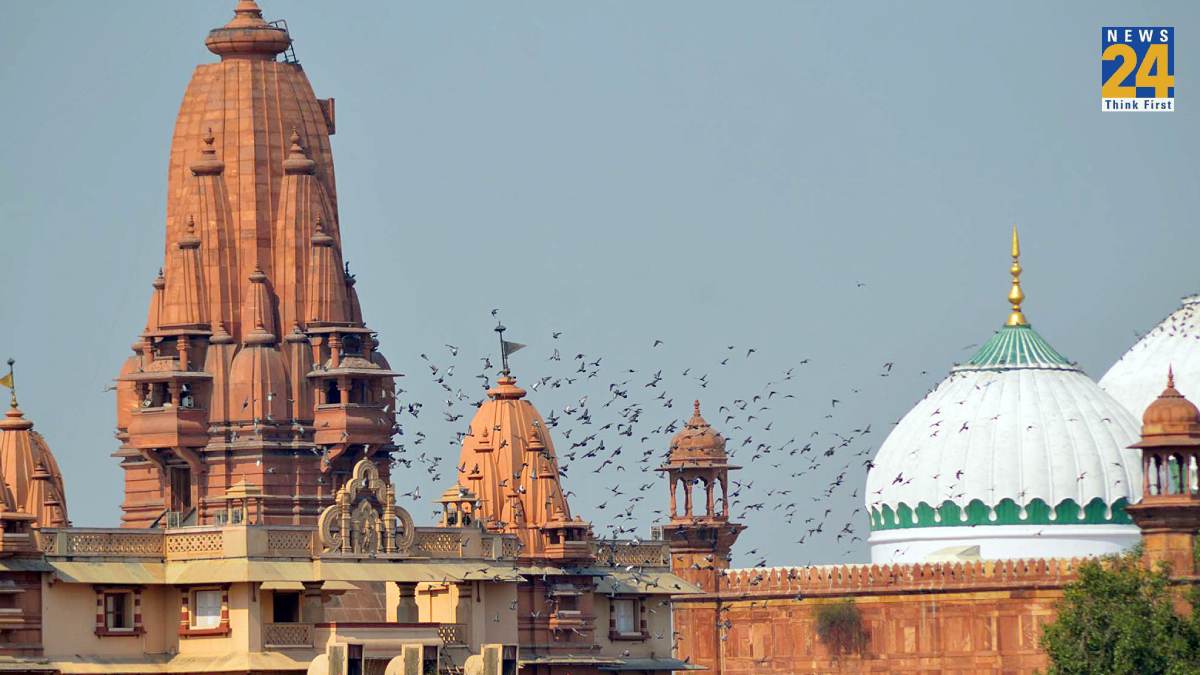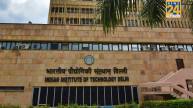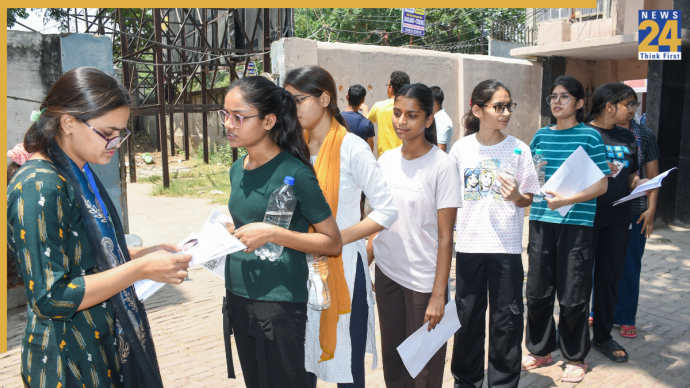New Delhi: In a landmark verdict on Thursday, the Allahabad High Court dismissed the plea of the Anjuman Intezamia Masjid Committee, responsible for the management of Varanasi’s Gyanvapi Mosque. The plea, challenging the order to conduct an Archaeological Survey of India (ASI) survey at the mosque.
Chief Justice Pritinker Diwaker upheld the Varanasi District Court’s directive for the ASI to conduct the survey, excluding Wazukhana, an area within the mosque premises.
Legal battle over Gyanvapi Mosque
The legal battle over the Gyanvapi Mosque has been ongoing, with the Masjid Committee seeking to challenge the order for an ASI survey. The ASI team had initiated the survey, but the Supreme Court temporarily stayed it until July 26 following a direct appeal from the Masjid Committee. The stay allowed the committee to challenge the order in the High Court.
Extended stay and Hindu worshipper’s plea
The High Court later extended the stay on the ASI survey until August 3, the date set for pronouncing its verdict. The District Court had issued the order in response to a plea from Hindu women worshippers seeking year-long worshipping rights at the Gyanvapi Mosque. The Hindu side argued that the ASI survey was necessary to address the Masjid Committee’s claims that the structure is based on imagination and not grounded in reality.
Artefacts and dueling arguments
The Hindu side also contended that Hindu artefacts are present within the Gyanvapi Mosque premises, providing a photo of the western wall as evidence. In contrast, the Muslim side argued that the Hindu petitioners admitted to having no evidence, and the court should not be used to collect evidence on their behalf.
High Court’s Ruling
In its historic ruling, the Allahabad High Court found the District Court’s order for the ASI survey to be valid and well-founded. The court rejected the Masjid Committee’s challenge and upheld the decision to conduct the survey, excluding Wazukhana from its scope.
A controversial yet crucial step
The ASI survey is expected to shed light on the historical and archaeological aspects of the mosque, providing valuable insights into its past. As the legal battle continues, the survey results will play a crucial role in determining the future of the Gyanvapi Mosque and shaping the discourse surrounding its significance.













